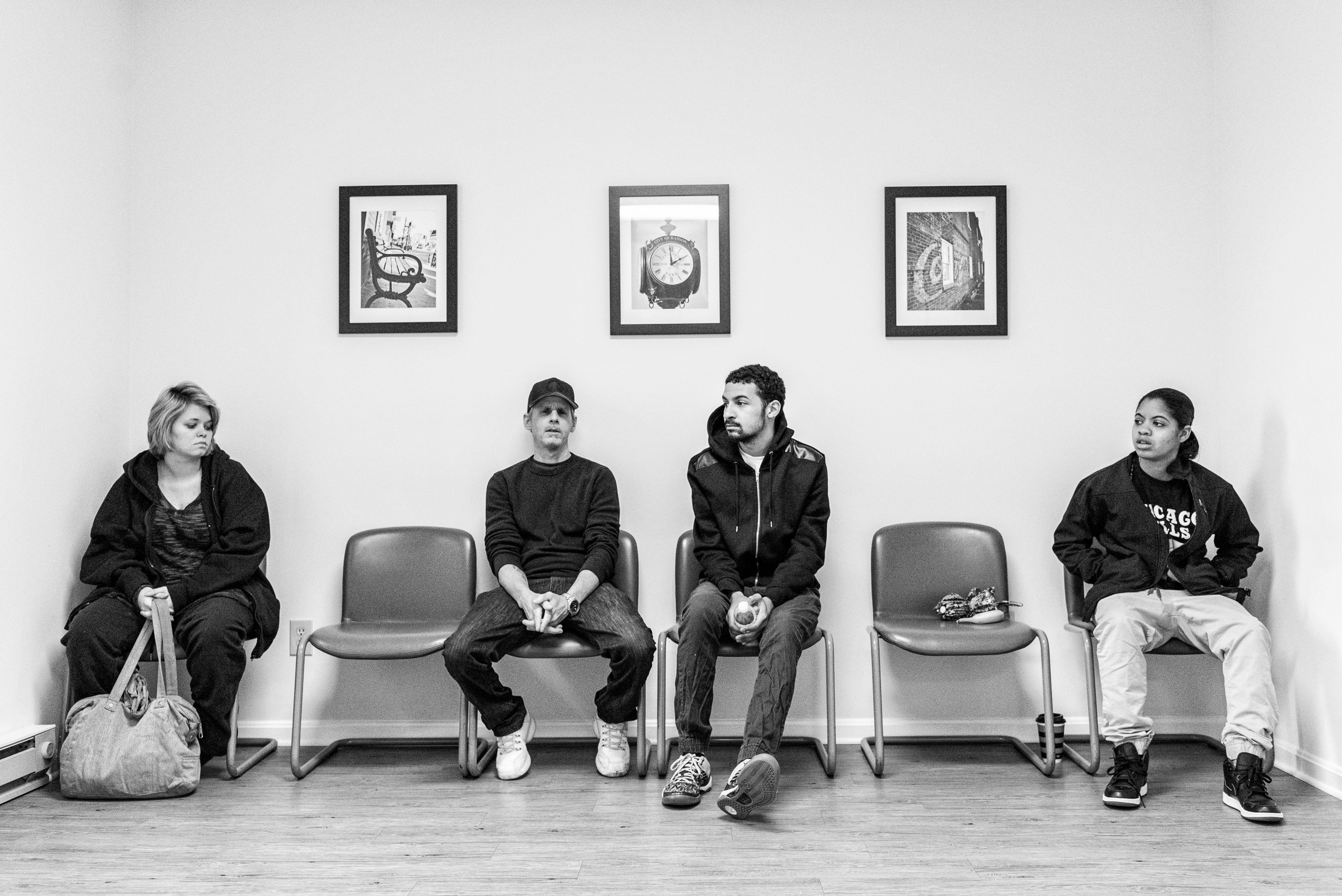Drug Courts
The commission urges an expansion of drug courts into every federal court jurisdiction. Drug courts can serve to get people who commit drug-related crimes while suffering with addiction into an extensive treatment program instead of incarceration.
Jane Emke is a past president of the National Council of Jewish Women in Louisville and leads a fundraising effort to keep a family drug court in Jefferson County, Kentucky, going after it lost state funding in 2010.
The court helps to quickly get treatment and wrap-around services such as housing and job training to people with substance use disorders and their families.
“Some people have died of an overdose before they can make their second court date,” Emke said. “This will get them right away into a program where they have a chance.”
The group has been able to raise over $300,000 with more coming in from donations to the NCJW Light The Way Fund for Families with Addiction.
Emke said the group is beginning to turn attention to state and federal politicians asking them to offer funding for these drug courts.
Health Workers
The commission also recommends deploying health care workers from the Public Health Service Commissioned Corps to fill the gaps in treatment in areas with above-average addiction rates.
This would certainly include West Virginia where the fatal overdose rate is much higher than the national average.
Dr. Rahul Gupta, the state’s chief health officer, said more treatment specialists are welcome. But he said that alone will not make treatment more available until there is a full infrastructure in place.
“Infrastructure encompasses personnel. But it also encompasses facilities and resources,” he said.
And that infrastructure –along with many of the other initiatives the commission recommends– will require more spending.
“What we need on top of every effort that is now being planned and advocated for is to ensure that it is matched by appropriate level of funding,” Gupta said.
Missing Funding
And it’s not clear when or from where that funding will come.
There were no new revenue sources identified in the president’s public health emergency announced last week. And the commission focused on how to best use the current, limited funding.
The full report can be read here. The commission will accept public comments on the recommendations before voting to approve the final draft.
It will then be up to President Trump and his administration to follow through with the recommendations.


